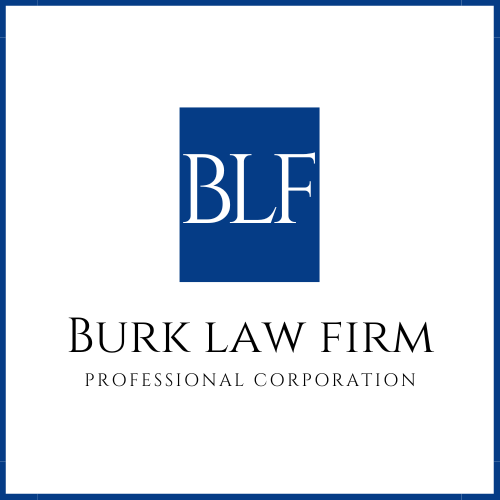
Choosing between a sole proprietorship and an LLC depends on your business’s specific needs and goals. A sole proprietorship is simpler and cheaper to set up, making it suitable for low-risk, small businesses. However, it offers no liability protection, meaning your personal assets are at risk if the business incurs debt or faces lawsuits. An LLC (Limited Liability Company) provides liability protection, separating your personal assets from business liabilities, but it involves more paperwork and costs. Consider your business’s risk level, long-term goals, and financial resources when making your decision.
Here’s a more detailed breakdown:
Sole Proprietorship:
Advantages:
Simplicity: Easy and inexpensive to set up.
Control: Full control over the business.
Taxation: Profits are taxed as personal income.
Disadvantages:
Liability: No liability protection; personal assets are at risk.
Financing: Can be harder to secure funding and build business credit.
Taxes: Self-employment taxes may be higher.
LLC (Limited Liability Company):
Advantages:
Liability Protection: Personal assets are protected from business debts and lawsuits.
Credibility: More credibility with lenders and customers.
Tax Flexibility: Offers various tax options, including pass-through taxation or S-Corp tax election.
Disadvantages:
Complexity: A little more complex and expensive to set up and maintain.
Paperwork: Requires an Operating Agreement, more paperwork and compliance.
Taxes: May face higher taxes in some situations, however, there are no self-employment taxes.
Factors to Consider When Choosing:
Risk Level:
Businesses with high liability risks (e.g., construction, healthcare) may benefit more from an LLC.
Growth Potential:
If you anticipate significant growth, an LLC can be a better long-term option.
Funding Needs:
If you plan to seek funding, an LLC can be more attractive to investors.
Personal Risk Tolerance:
If you’re comfortable with personal liability, a sole proprietorship may be sufficient.
Tax Implications:
Consider the tax implications for both options and consult with a tax professional.
Cost:
Compare the setup and ongoing costs of each option.
Long-term Goals:
Consider your long-term business objectives and how each structure aligns with those goals.
Legal Advice:
It’s always a good idea to consult with a lawyer to make the best decision for your specific situation. This can save you thousands of dollars in legal fees later if you are sued or have a partnership dispute. The Burk Law Firm can help 512-306-9828, [email protected]
In essence, if you’re starting a small, low-risk business and want simplicity, a sole proprietorship may be a good fit. However, if you anticipate growth, need liability protection, tax savings or plan to seek funding, an LLC is generally the better choice.

